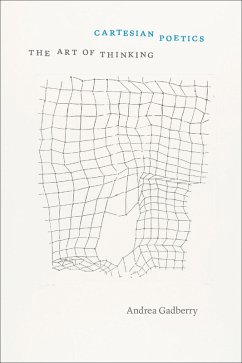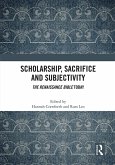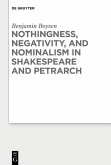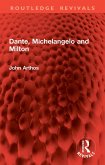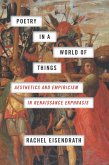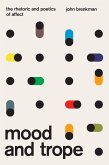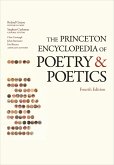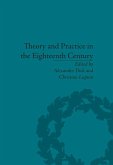What is thinking? What does it feel like? What is it good for? Andrea Gadberry looks for answers to these questions in the philosophy of René Descartes and finds them in the philosopher's implicit poetics. Gadberry argues that Descartes's thought was crucially enabled by poetry and shows how markers of poetic genres from love lyric and elegy to the puzzling forms of the riddle and the anagram betray an impassioned negotiation with the difficulties of thought and its limits. Where others have seen Cartesian philosophy as a triumph of reason, Gadberry reveals that the philosopher accused of having "slashed poetry's throat" instead enlisted poetic form to contain thought's frustrations. Gadberry's approach to seventeenth-century writings poses questions urgent for the twenty-first. Bringing literature and philosophy into rich dialogue, Gadberry centers close reading as a method uniquely equipped to manage skepticism, tolerate critical ambivalence, and detect feeling in philosophy. Helping us read classic moments of philosophical argumentation in a new light, this elegant study also expands outward to redefine thinking in light of its poetic formations.
Dieser Download kann aus rechtlichen Gründen nur mit Rechnungsadresse in A, B, BG, CY, CZ, D, DK, EW, E, FIN, F, GR, HR, H, IRL, I, LT, L, LR, M, NL, PL, P, R, S, SLO, SK ausgeliefert werden.

